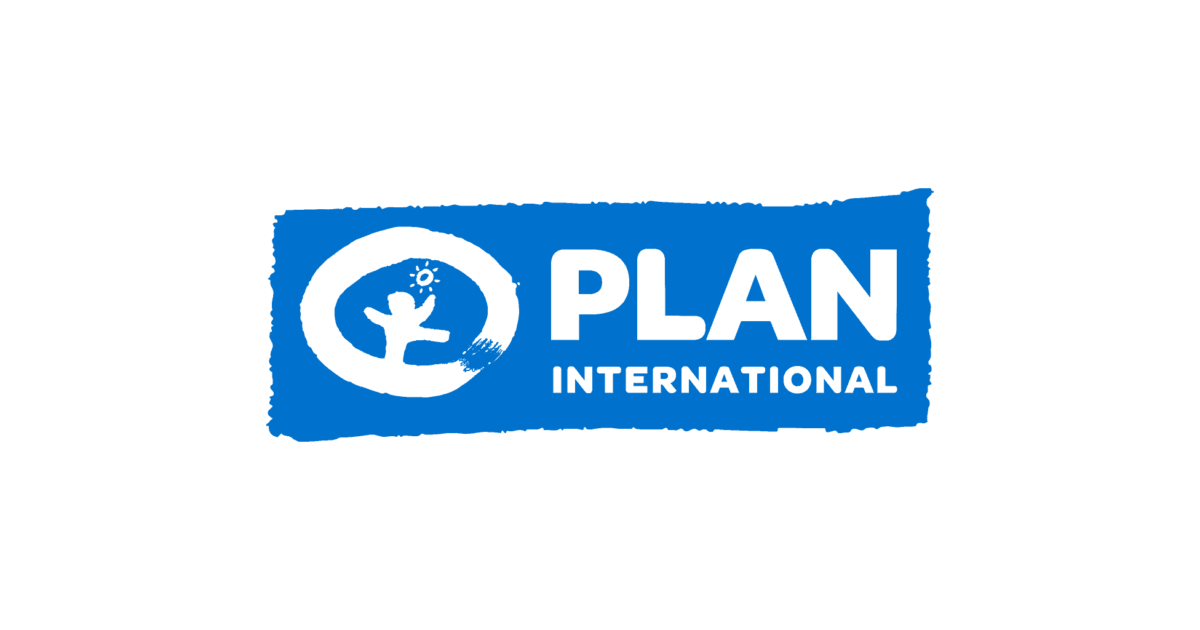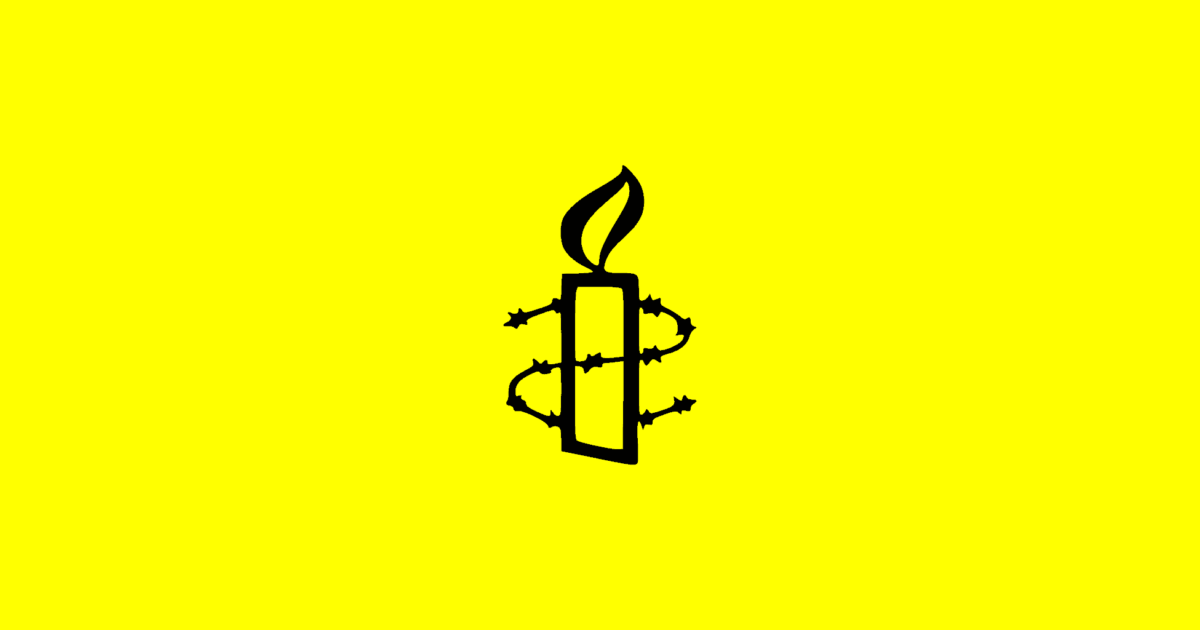Sierra Leone
Sierra Leone
Women in Sierra Leone were instrumental to the efforts of the international community to counter the Ebola crisis, and remain a key part of rebuilding the country after the civil war (1991-2002). However, women live under a patriarchal society, remaining largely excluded from politics, land ownership, and legal autonomy, and facing high levels of discrimination and sexual violence including marital rape, early marriage, and female genital mutilation/cutting (FGM/C).
Many of the obstacles faced by women increased in the wake of the 2014-2015 Ebola crisis, with sexual violence alone increasing by an estimated 40% (Humanist Watch Salone). Women’s groups have been advocating at the local and regional level to raise awareness of and address the particular negative consequences the crisis had on women and girls.
Based on the work of NGOWG members and their partners, the NGOWG advocates for the Security Council to monitor and evaluate the situation in Sierra Leone in the recent absence of a UN mission, the last of which was the 2008-2014 UN Integrated Peacebuilding Office in Sierra Leone (UNIPSIL). UNIPSIL’s mandate recognized the role of women in conflict prevention and resolution and included a gender perspective in the mandate’s implementation, and the Security Council should continue to advocate that such perspectives be implemented in domestic policies.
Current and Past Recommendations to the UN Security Council (Monthly Action Points)
The forthcoming report on the UN mission in Sierra Leone (UNIPSIL) should include information on: the political violence in Sierra Leone, which has often degenerated into random acts of violence against women such as the March 2009 attack on the Sierra Leone People’s Party headquarters in Freetown; the remaining challenges to the Family Support Units, which often exist only in the main towns and report a lack of logistics, which in practice means victims of violence – including women – are unable to access justice; and that basic justice and other services are lacking in most provinces, particularly outside of the provincial capitals of Bo, Kenema and Makeni. Some districts do not have a permanent Magistrate, often leading to a de facto lack of access to justice. In the UNIPSIL mandate renewal, due in September, specific entry points for the Council include:
- Monitoring political violence and working with political party leaders, ex-combatants and other sources of violence, including members of the youth wings of parties, in the promotion of non-violence political campaigning.
- Ensuring there is no impunity for acts of violence against women.
- Removing barriers to justice for women, such as the financial costs of bringing a criminal action, the lack of legal aid, and the many adjournments in the judicial system, which often lead to women dropping the cases in question.
The forthcoming report on the UN mission in Sierra Leone (UNIPSIL) should include information on: the political violence in Sierra Leone, which has often degenerated into random acts of violence against women such as the March 2009 attack on the Sierra Leone People’s Party headquarters in Freetown; the remaining challenges to the Family Support Units, which often exist only in the main towns and report a lack of logistics, which in practice means victims of violence – including women – are unable to access justice; and that basic justice and other services are lacking in most provinces, particularly outside of the provincial capitals of Bo, Kenema and Makeni. Some districts do not have a permanent Magistrate, often leading to a de facto lack of access to justice. In the UNIPSIL mandate renewal, due in September, specific entry points for the Council include:
- Monitoring political violence and working with political party leaders, ex-combatants and other sources of violence, including members of the youth wings of parties, in the promotion of non-violence political campaigning.
- Ensuring there is no impunity for acts of violence against women.
- Removing barriers to justice for women, such as the financial costs of bringing a criminal action, the lack of legal aid, and the many adjournments in the judicial system, which often lead to women dropping the cases in question.
Relevant Resources









